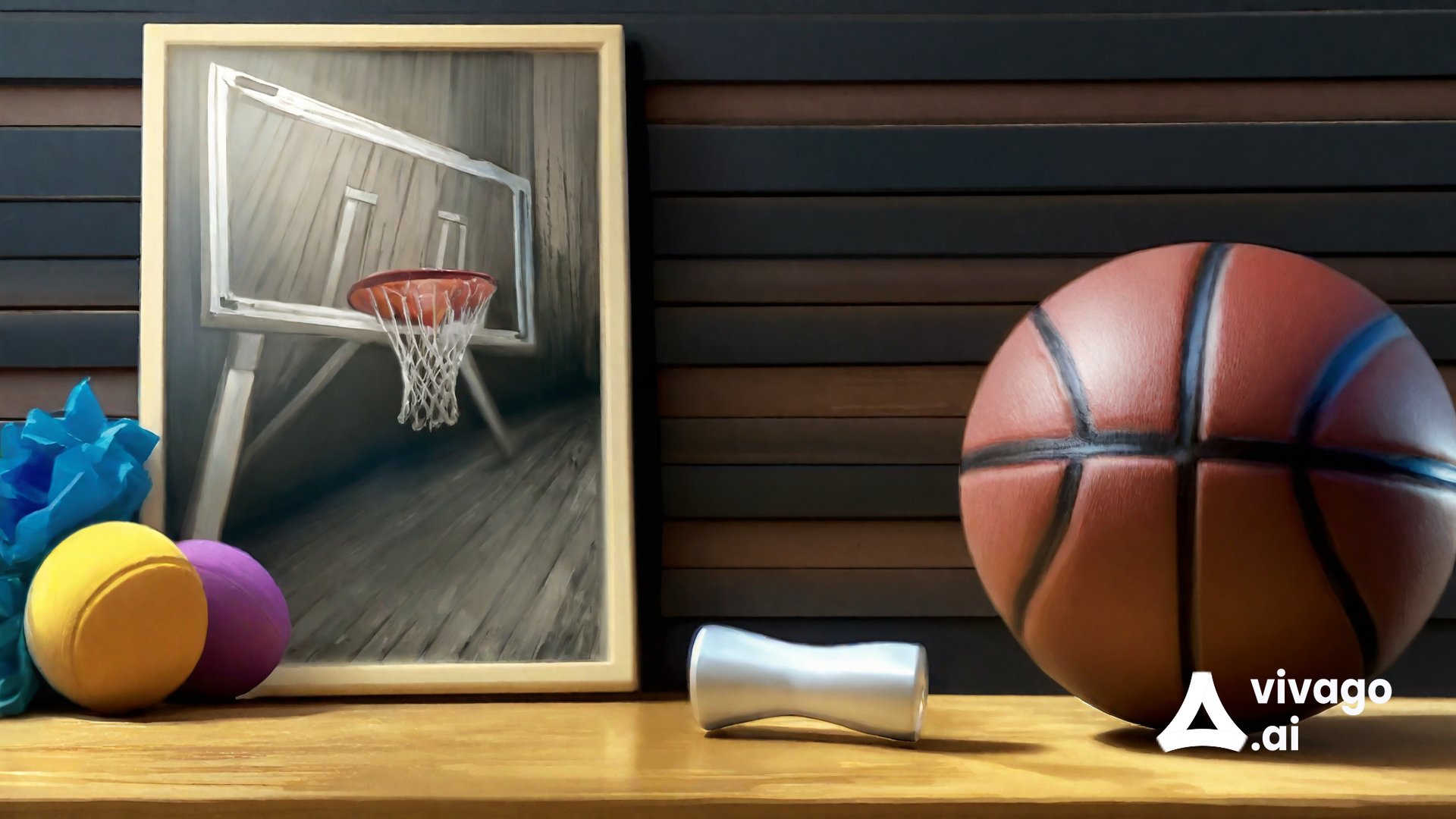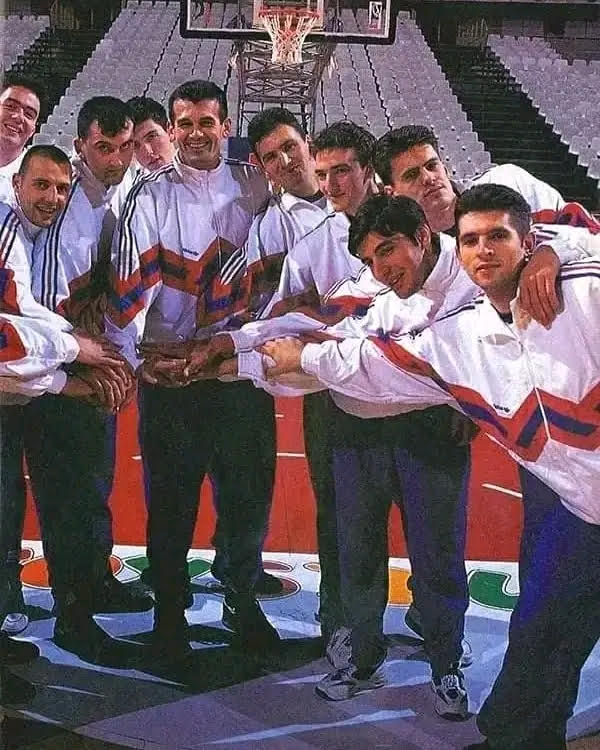
Plavi
"A redemption story"
RETROTEAMS
Antreas Tsemperlidis
4/8/20253 min read
In the summer of 1992, Serbian and Montenegrin basketball players answered the call of the national team head coach Dušan Ivković and gathered in Thessaloniki ahead of the preparation for the Barcelona Olympic Games. Among them players in the likes of Paspalj, Bodiroga, Danilović, Savić, as well as the Greek-based Bane Prelević. They were -per usual- following Duda’s regime when the news of Serbia's exclusion from all international sporting events broke out without any indication on when the ban would be lifted. FIBA, aligning with the directives of the contemporary political decision makers, quickly adopted the decision, isolating Serbia in order to comply with the mandates of international power players.
Over the next two years, the Serbs watched all major events from afar. This included Germany being crowned European champions in 1993 under the leadership of one of their own (Svetislav Pešić), while their former compatriots, the Croatians, climbed the podium to take the bronze. Their once brothers, also achieved third place at the 1994 FIBA World Championship but more notably captured the silver medal in the Barcelona Olympics only yielding to the original Dream Team.
As the war continued to rage and wounds remained fresh, discussions about lifting the ban and allowing Serbia's national team back into international tournaments began. By spring, voices advocating for Serbia’s return grew louder, led by prominent Italian journalist and SuperBasket magazine's editor-in-chief Enrico Campana, who published the following appeal: "I will conduct a referendum in SuperBasket, asking the public’s opinion. Can European and World basketball afford to continue without the Yugoslavs? I want to support the return of their national teams and clubs into official competitions and I have no doubt whatsoever about the outcome of this process. I will then forward the referendum results to FIBA. My action is not a political initiative! My only motivation is sports. It is unacceptable to punish Europe’s most powerful basketball nation in this way." Inspired by Campana's initiative, more basketball personalities began exerting pressure, resulting in FIBA gradually easing the restrictions.
On July 8, 1994, a mixed team named Yugoslavia All Stars made its unofficial reappearance, losing a friendly match 86-75 to Greece at the Glyfada arena. This was the first step, and shortly after the World Championship in Canada (originally assigned to Yugoslavia), FIBA gave the green light for Serbia’s grand return. The next official engagement for the Serbian internationals was scheduled for Christmas 1994 in Madrid, at the annual Christmas Tournament hosted by Real Madrid. Eleven Serbian and Montenegrin players answered Dušan Ivković’s call and travelled to Spain’s capital. There were however notable absences. Vlade Divac remained in the U.S., Sasa Danilović was recovering from his knee surgery, while Zarko Paspalj & Dragan Tarlac were unable to secure the accord of their clubs Panathinaikos and Olympiacos, respectively.
But this didn’t matter to Đorđević, Bodiroga, Sretenović, Lončar, Berić, Stefanović, Rebrača, Gilić, Koturović, Tomašević, and Savić. It had been 1,273 long days since that last autumn tournament in Montpellier. Now, the blue jerseys carrying the proud legacy of one Olympic, three World, and five European titles were back on the court.
With "Yugoslavia" emblazoned, the Double-Headed Eagle -symbolizing the old Kingdom of Serbs, Croats, and Slovenes- on their uniforms (and Hemofarm sponsoring their expenses), Aleksandar Đorđević and his teammates lined up on December 26, 1994, at the center of Palacio de los Deportes to face Real Madrid, led by Arvydas Sabonis and Željko Obradović.
At just 112 seconds, Željko Obradović called a timeout as the Yugoslavs led 10-0. By the five-minute mark, it was 22-6. At the ten-minute mark, the score was 36-10, with the first half ending 47-31. In the second half, Madrid tried to close the gap, but Đorđević continued raining three-pointers, finishing the game with six. The final score, an 88-72 victory for Yugoslavia, was celebrated across basketball-loving Europe. Spanish journalist Miguel Serrano ecstatically wrote in his El País column, "Talent won. How beautiful! Natural basketball triumphed—the simplicity that dares and delivers in sports."


That night in Madrid, the Yugoslavs—albeit a fragmented version—showed that the spirit of triumph still burned within them, leading them to new glory. Though Korac, Cosic, Dalipagic, Drazen, and others no longer shared a common homeland, deep down, they all remained Plavi.


